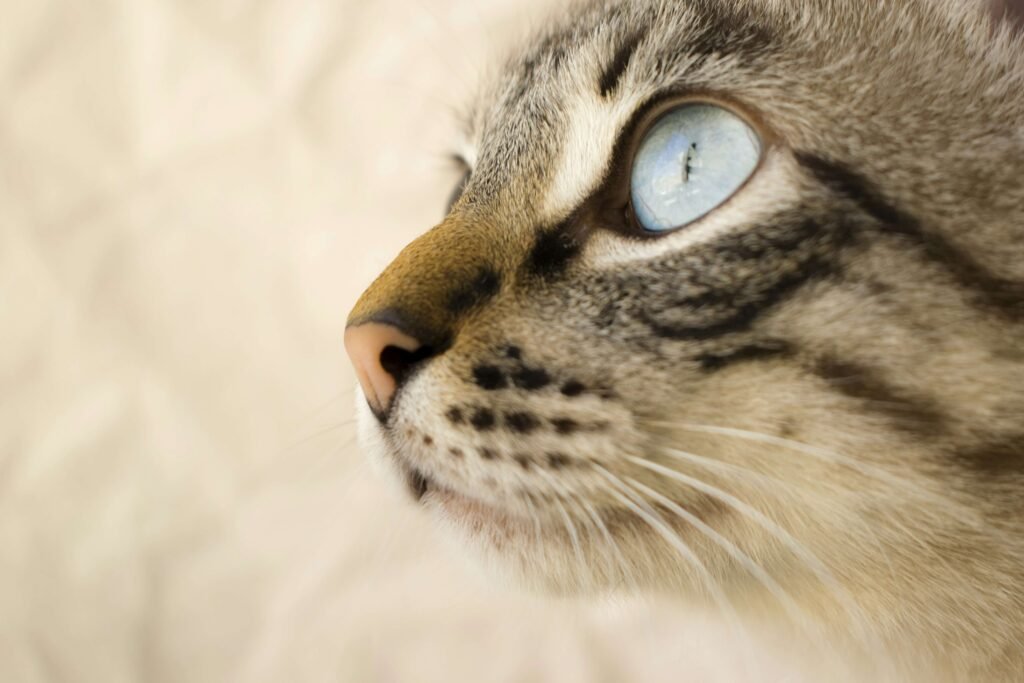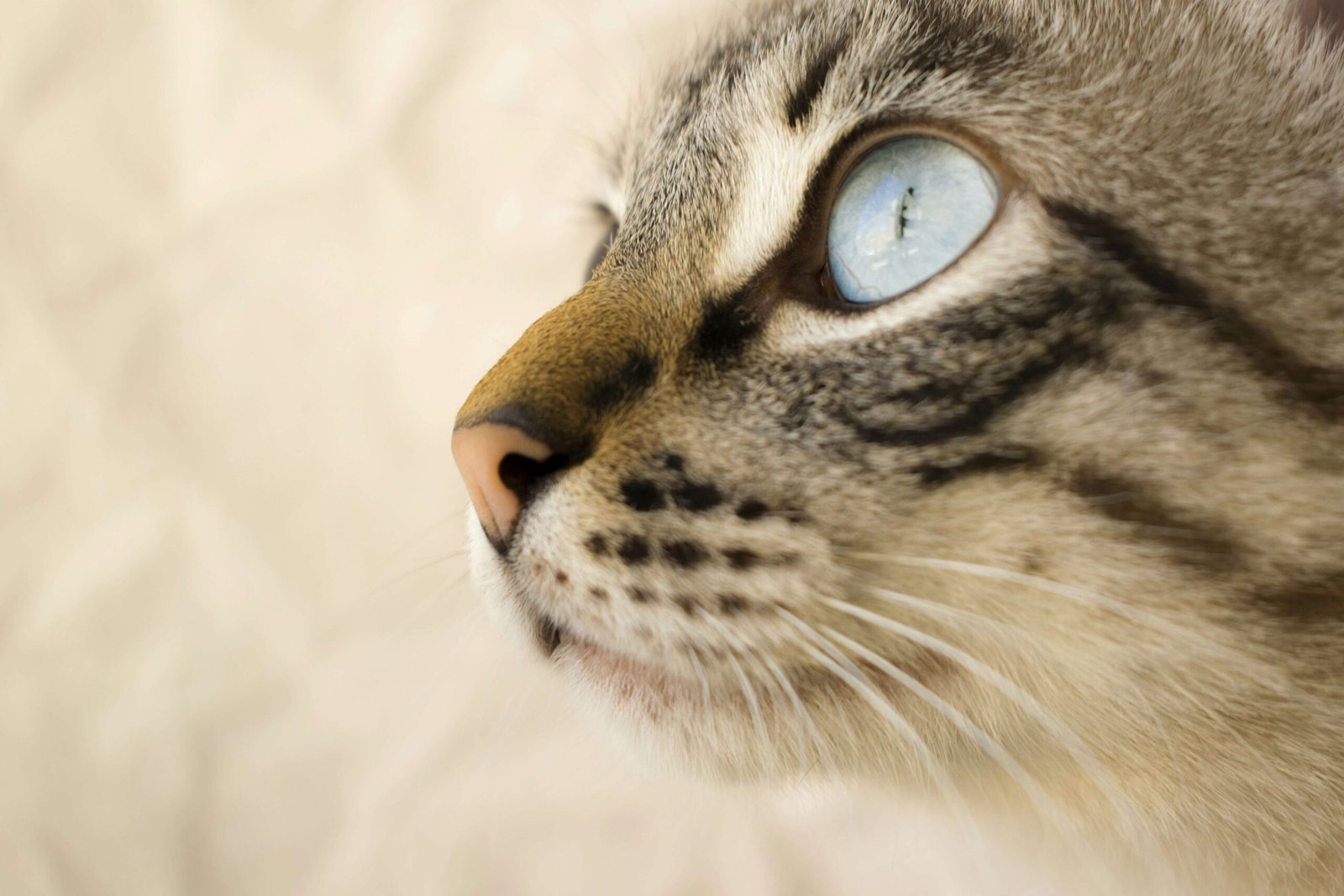Why Would a Cat Pee on You? Understanding Feline Behavior
Cats are known for their independence, grace, and quirky personalities. However, one behavior that can leave cat owners baffled is when their beloved feline decides to pee on them. While this might seem like an act of rebellion or spite, there’s usually a deeper reason behind it. Cats communicate through their actions, and understanding why they behave the way they do requires a closer look at their instincts, health, and environment. In this blog post, we’ll explore the possible reasons behind this puzzling behavior and provide insights into how you can address it effectively.
Common Reasons Why Cats Urinate on Their Owners
If your cat has peed on you, it’s essential to consider both behavioral and medical factors. Below are some common explanations for this unusual behavior:
Marking Territory:
Cats are territorial creatures, and urinating on their owner can sometimes be a way of marking them as part of their domain.Stress or Anxiety:
Changes in the household, such as moving furniture, introducing new pets, or loud noises, can cause stress, leading to inappropriate urination.Attention-Seeking Behavior:
Some cats may urinate on their owners if they feel neglected or want more interaction.Medical Issues:
Urinary tract infections, bladder stones, or other health problems can cause discomfort, prompting cats to urinate outside the litter box.Bonding Through Scent:
Cats have scent glands all over their bodies, and by marking you with urine, they may be trying to bond with you in their unique way.
Understanding these potential causes can help you identify the root of the issue and take appropriate action. Remember, patience and observation are key when dealing with feline quirks.
How to Address the Issue: Practical Solutions
Once you’ve identified why your cat might be peeing on you, it’s time to address the problem. Here are some actionable steps you can take to prevent this behavior:
Visit the Veterinarian:
Rule out any underlying medical conditions that could be causing the behavior. A professional diagnosis is crucial for ensuring your cat’s health.Create a Stress-Free Environment:
Minimize changes in your home and provide safe spaces where your cat can retreat when feeling overwhelmed.Spend More Quality Time Together:
Engage in play sessions or grooming routines to strengthen your bond and reduce attention-seeking behaviors.Clean Thoroughly:
Use enzymatic cleaners to remove any lingering odors from your clothes or furniture, as cats are drawn to familiar scents.Reinforce Positive Behavior:
Reward your cat with treats or praise when they use the litter box correctly to encourage good habits.
By implementing these strategies, you can create a harmonious living space for both you and your feline companion. Consistency and compassion will go a long way in resolving this issue.
Check this guide 👉Why Does My Cat Keep Peeing in the Same Spot? Best 7 Tips!
Check this guide 👉Why Is My Cat Peeing on the Couch? Best 7 Behavior Tips!
Check this guide 👉Why Does My Cat Pee Everywhere? Best 7 Expert Tips!

Possible Causes | Solutions |
|---|---|
Marking territory | Provide scratching posts or scent markers. |
Stress or anxiety | Introduce calming pheromone diffusers. |
Attention-seeking behavior | Dedicate more playtime and affection. |
Medical issues | Schedule regular vet check-ups. |
Bonding through scent | Use positive reinforcement techniques. |
Preventing Future Incidents: Tips for Long-Term Success
To ensure your cat doesn’t repeat this behavior, focus on prevention and proactive measures. Here are some additional tips to keep in mind:
Maintain a Clean Litter Box:
Cats prefer clean environments, so scoop the litter box daily and change the litter regularly.Provide Multiple Litter Boxes:
In multi-cat households, ensure there’s at least one litter box per cat plus an extra one to avoid competition.Monitor Diet and Hydration:
A balanced diet and access to fresh water can improve urinary health and reduce accidents.Observe Behavioral Changes:
Pay attention to shifts in your cat’s mood, appetite, or activity levels, as these could indicate underlying issues.Consult a Behaviorist:
If the problem persists despite your efforts, seek advice from a certified animal behaviorist for tailored guidance.
By following these preventive measures, you can minimize the likelihood of future incidents and foster a happier relationship with your pet.
Understanding Your Cat’s Unique Personality
Every cat is different, and their behaviors often reflect their individual personalities. Here are some insights into what your cat might be trying to tell you:
Independence vs. Affection:
Some cats value personal space, while others crave constant companionship. Respect their boundaries while building trust.Communication Through Actions:
Cats express themselves through body language, vocalizations, and even subtle actions like kneading or purring.Routine-Oriented Nature:
Cats thrive on consistency, so disruptions to their daily schedule can lead to stress-related behaviors.Curiosity About Scents:
Cats rely heavily on their sense of smell, and unfamiliar odors might trigger unusual reactions.Emotional Sensitivity:
Cats can pick up on their owner’s emotions, so staying calm and composed can positively influence their demeanor.
Recognizing these traits will deepen your understanding of your cat’s needs and strengthen your bond over time.
Signs Your Cat Might Be Stressed or Anxious
Cats often display subtle signs of stress that can manifest in unusual behaviors, including inappropriate urination. Recognizing these signs early can help you address the root cause before it escalates. Here are some common indicators of feline stress:
Excessive Grooming:
Cats may over-groom themselves as a way to self-soothe, leading to bald patches or skin irritation.Hiding More Than Usual:
If your cat is spending more time under furniture or in secluded areas, they might be feeling overwhelmed.Changes in Appetite:
A sudden loss of interest in food or overeating can signal emotional distress.Aggression Toward People or Pets:
Unprovoked hissing, swatting, or biting can indicate that your cat feels threatened or anxious.Vocalization Changes:
Increased meowing, growling, or silence (if they’re usually vocal) could reflect underlying stress.
By paying attention to these behavioral cues, you can take proactive steps to alleviate your cat’s anxiety and prevent further incidents. Early intervention is key to maintaining a happy and healthy pet.
Ways to Strengthen Your Bond with Your Cat
Building a strong relationship with your cat is essential for fostering trust and reducing undesirable behaviors. A secure bond can also make your cat feel more comfortable expressing their needs in healthier ways. Here are some strategies to deepen your connection:
Engage in Interactive Play:
Use toys like feather wands or laser pointers to stimulate your cat’s hunting instincts and keep them entertained.Offer Treats and Rewards:
Positive reinforcement through treats or praise can strengthen your bond and encourage good behavior.Respect Their Personal Space:
Allow your cat to approach you on their terms, avoiding forced interactions that might make them uncomfortable.Establish a Routine:
Cats thrive on predictability, so feeding, playtime, and bedtime at consistent times can create a sense of security.Learn Their Body Language:
Understanding tail flicks, ear positions, and other non-verbal signals will help you respond to their needs effectively.
Investing time and effort into nurturing your relationship with your cat will pay off in the form of a happier, more confident companion who feels safe and loved.
How Environmental Enrichment Can Help Prevent Behavioral Issues
Environmental enrichment refers to creating a stimulating and engaging space for your cat, which can significantly reduce stress-related behaviors like inappropriate urination. By catering to their physical and mental needs, you can keep them content and well-adjusted. Here are some ideas for enriching your cat’s environment:
Provide Vertical Spaces:
Install cat trees or shelves to give your cat opportunities to climb, perch, and observe their surroundings from above.Introduce Puzzle Feeders:
These toys challenge your cat to work for their food, keeping their mind sharp and preventing boredom.Rotate Toys Regularly:
Switch out toys every few weeks to keep things fresh and exciting for your cat.Create a Safe Retreat Area:
Designate a quiet, cozy spot where your cat can retreat when they need downtime.Incorporate Natural Elements:
Add items like grass mats, cat-safe plants, or window perches to bring elements of the outdoors inside.
By enriching your cat’s environment, you can minimize stress and promote positive behaviors, ensuring they feel fulfilled and less likely to act out. A happy cat means a harmonious home for everyone!
Frequently Asked Questions About Cats Urinating on Their Owners
Is my cat peeing on me because they’re mad at me?
No, cats don’t hold grudges or act out of spite. This behavior is usually linked to stress, illness, or instinctual drives.
Should I punish my cat for peeing on me?
Punishment can increase stress and worsen the behavior. Instead, focus on identifying the cause and addressing it positively.
How can I tell if my cat has a urinary tract infection?
Symptoms include frequent trips to the litter box, straining to urinate, blood in the urine, or excessive licking of the genital area.
Can neutering or spaying reduce marking behavior?
Yes, altering your cat can significantly decrease territorial marking tendencies.
What should I do if nothing seems to work?
Consult a veterinarian or a certified animal behaviorist for expert advice tailored to your cat’s specific situation.
Building a Stronger Bond with Your Cat
While discovering why your cat might pee on you can be frustrating, it’s also an opportunity to deepen your connection and better understand their needs. By addressing potential medical issues, reducing stressors, and reinforcing positive behaviors, you can create a supportive environment where both you and your feline friend can thrive. Remember, every cat is unique, and patience is essential when navigating these challenges. With love, care, and a little detective work, you’ll find a solution that works for everyone involved.
Dog Tapeworm Life Cycle: Best 7 Expert Tips! – Learn how tapeworms infect dogs, spot symptoms, and break the cycle with expert prevention strategies.
Anxious Cat Body Language: Best 7 Expert Tips! – Learn to spot signs of stress, understand triggers, and help your cat feel safe and relaxed.
Anxious Dog Body Language: Best 7 Expert Tips! – Learn to spot signs of anxiety, respond effectively, and help your dog feel safe and secure.
Is Breeding Dogs Bad? Best 7 Expert Tips! – Explore the ethics, benefits, and risks of dog breeding to make informed decisions for a better future.





